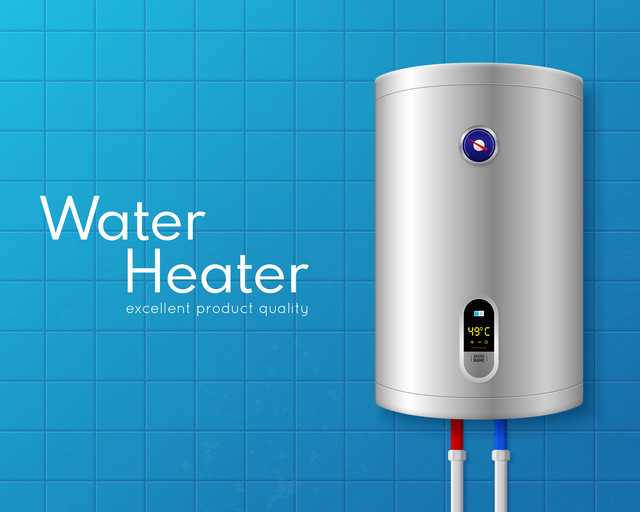The water heater is an important part of a home, offering hot water to wash dishes and clothes. Choosing the best water heater ensures you have a constant supply of hot water, which is produced with little energy amount, thus saving you cash. To help you choose the right water heater, the following are tips to look at:
1. Consider Capacity and Size
Choosing the proper capacity and size for your system is vital to ensure you have the right unit for your needs. The capacity of water heater cylinders is often measured in gallons and affects the amount of hot water it can deliver at any time.
To make a good decision, consider factors like the use of hot water, demand for hot water, and number of people living in the house. If you opt for a small water heater, you can repeatedly run out of the hot water.
Conversely, a large water heater has unnecessary consumption of energy. Balancing capacity and size while maintaining energy efficiency provides enough hot water, making choosing the right unit for your household more important.
2. Look at the Quality
If you currently live where you get hard water, you might want to look into the material heating elements and tanks are made of. The mineral content often measures the hardness of water. The mineral content can mostly be magnesium and calcium.
Calcium, also called limescale, isn’t dangerous to humans, but if heated, it can stick to the surface and even form scale deposits. In the long term, Limescale can clog water pipes and accumulate in the home appliances and water heater.
Since both the heating element and tank come in contact directly with water, hard water can result in the heater’s shorter lifespan, corrosion, and decreased efficiency. Look for a corrosion-resistant water heater for a long-lasting, efficient, and dependable home appliance.
3. Prioritize Safety
Among the key things to check in the water heater is safety. Since it is an electrical system, it needs to include features, such as cutting off the supply of electricity in the case of shock resistance, leakage, etc., to avoid possible injuries.
Apart from this, make sure your appliance is made of durable materials. This ensures the unit lasts for a long time. Other features, like pressure control, may as well increase safety because they manage the excess pressure of the unit and avoid issues, such as tank bursts.
The unit’s safety can also be intensified by simply incorporating a smart alert to protect against an electric shock in the case of a malfunction.
4. Consult Experts
Plumbing experts may properly evaluate your hot water needs in the household, factoring in fuel type, efficiency ratings, and local climate.
In addition, experts will guide you in exploring various kinds of water heaters, including conventional tank models, hybrid, or tankless, to get the right unit for your needs.
Choosing the best water heater for your household is a crucial decision that may affect your home’s energy and comfort. By considering the size of your home, peak demand, and type of water heater, you can choose the right unit that can meet all your needs.

